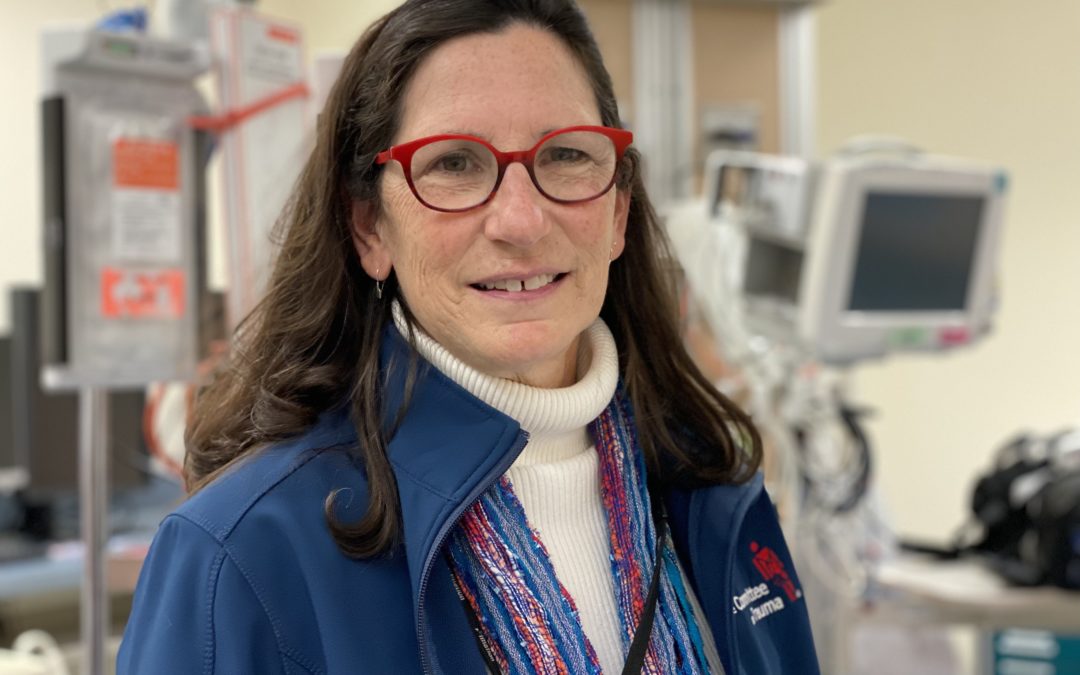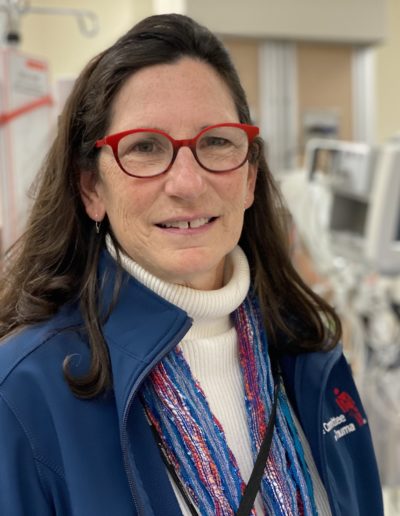These are just some of the questions scientists and clinicians across the globe have been trying to answer since the early days of the pandemic. Here in northern Colorado, with help from funding donated through the foundation, a team of scientists and clinicians at CSU and UCHealth formed a partnership to work on getting answers.
The researchers created a biobank project to collect biological samples from COVID-19 patients. Adult patients from the community and area hospitals were recruited to enroll in the Northern Colorado SARS-CoV-2 Biorepository, or NoCo-COBIO. Blood, saliva, stool, and nasopharyngeal specimens were collected at four time points over six months. At the same time points, the patients were also assessed for COVID-19 aftereffects (e.g., shortness of breath, fatigue, insomnia, anxiety) and quality of life via symptom questionnaires and physical exams.
From July 2020 to March 2021, 110 patients were enrolled. The study concluded that hospitalization, disease aftereffects, and disease severity were associated with significantly lower quality of life for patients.
Dr. Julie Dunn, director of trauma research at UCHealth Medical Center of the Rockies, is one of the study authors.
“Our team is grateful for the donor support that helped us launch NoCo-COBIO,” Dunn said. “The findings are important for clinicians across medical specialties and for public health practitioners. Studies such as this one help us gain more understanding of the effects of COVID-19 on survivors’ quality of life. Our study results highlight the need to develop targeted approaches to prevent, control, and treat disease aftereffects to improve COVID-19 quality-of-life outcomes globally.”
Dunn added that the research is yielding much benefit that will be shared with the wider medical community via several papers that are published or in progress.
“We engage undergraduate, graduate, and medical students in this effort, and they all share authorship,” Dunn said. “Many of the undergraduates are pre-professional, and many of the grad students will go on to complete basic science research to better understand future pandemics.”
Thanks to the generosity of our community, researchers and clinicians in northern Colorado are at the forefront of studying an evolving disease—empowered to advance health care in our community and beyond.

